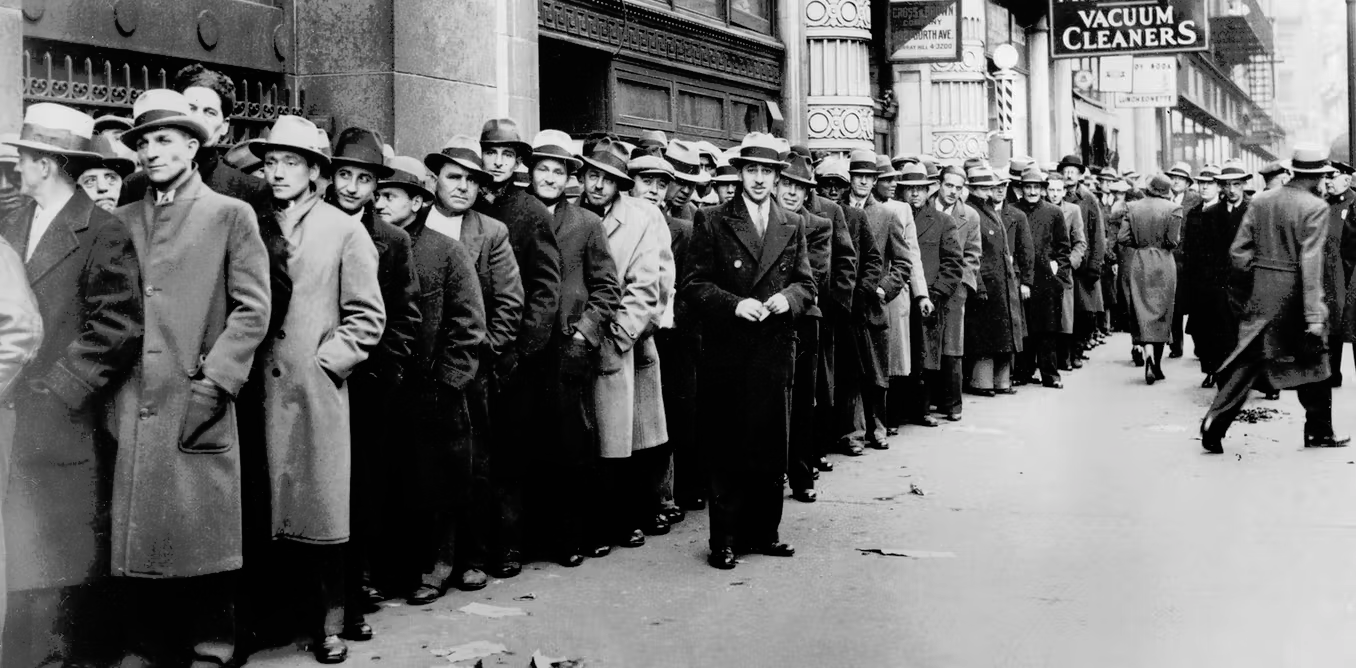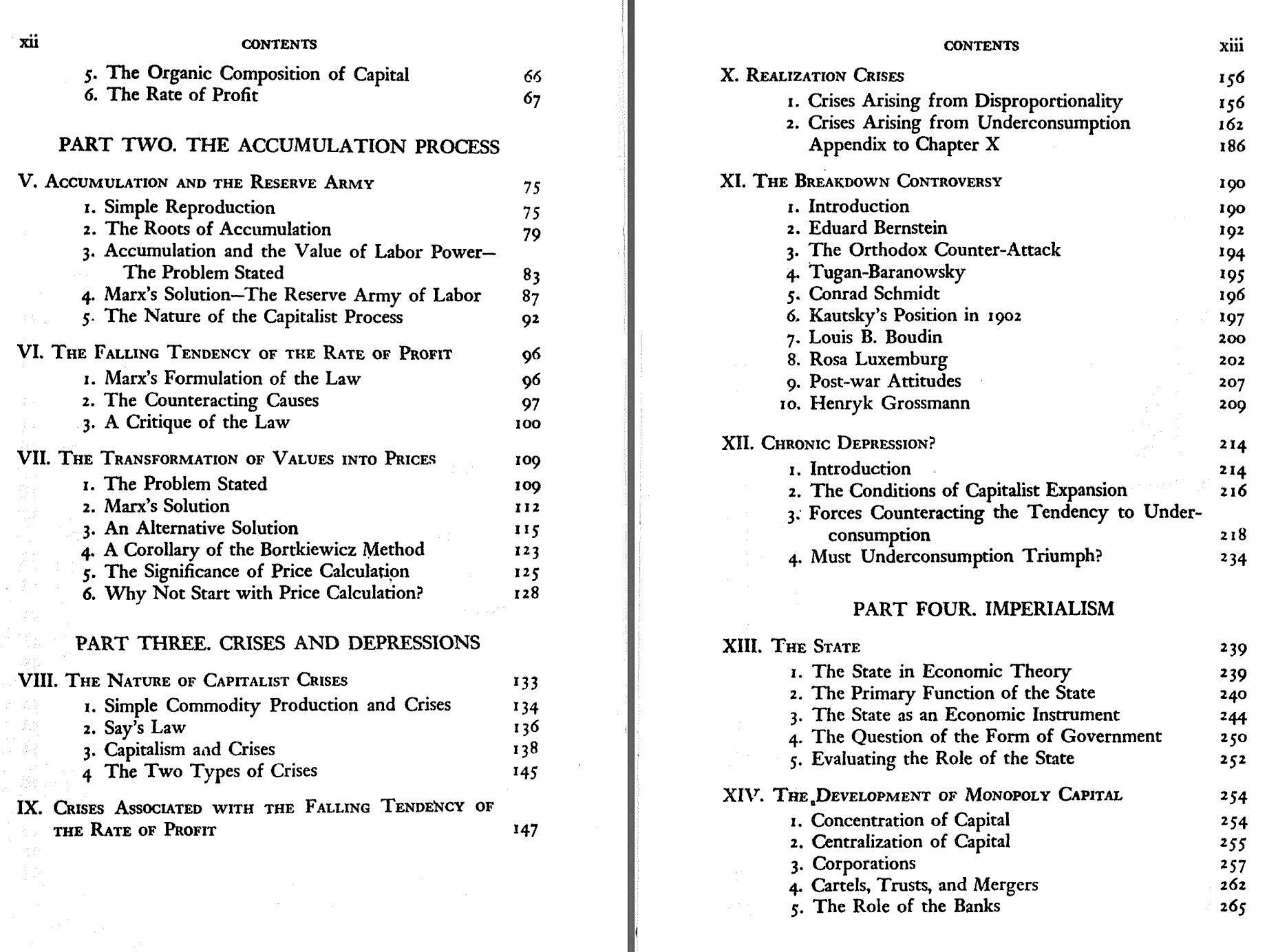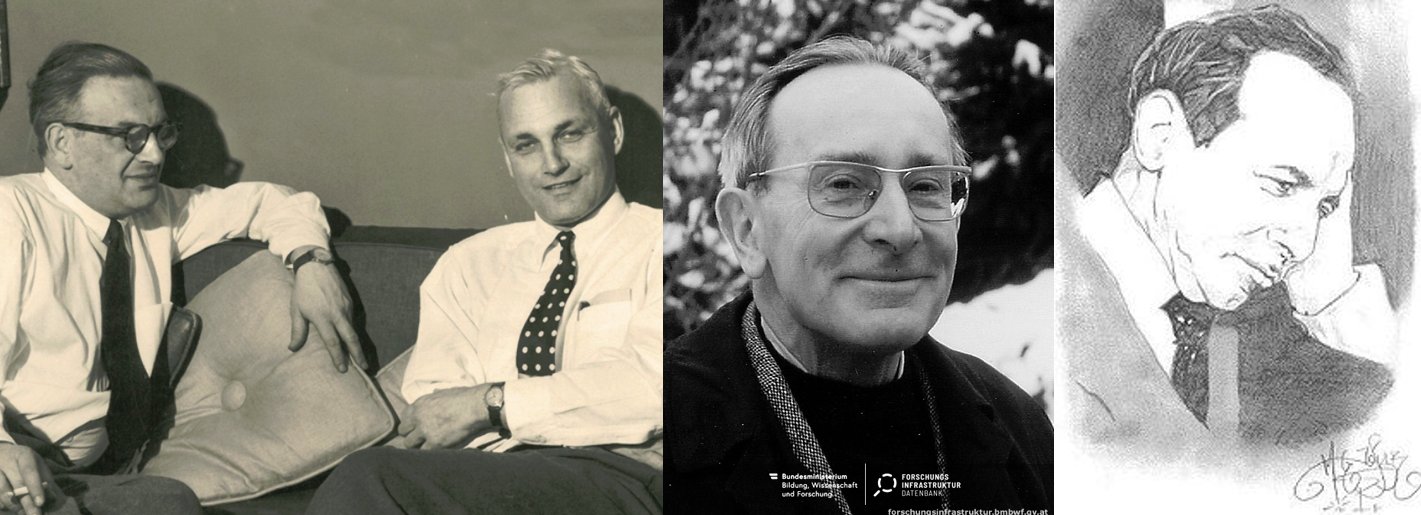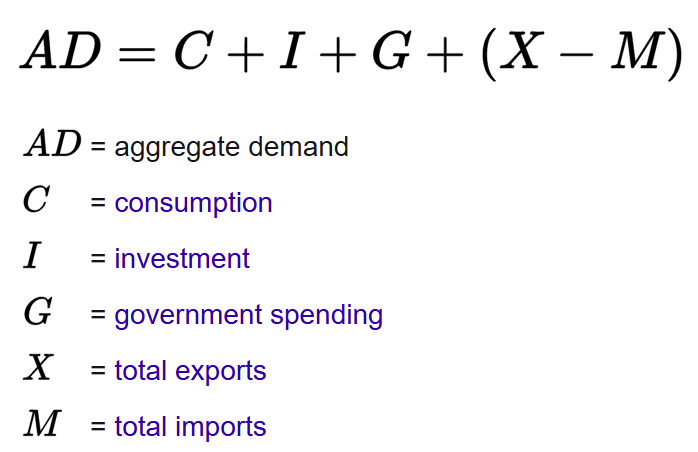Thread
@didedidodo @blair_fix 1/ Crisis is a process of change, which is why economists tend to think of it in terms of growth.
capitalaspower.com/casp-forum/topic/comment-on-the-aggregate-demand-problem-in-capitalism-solved/
capitalaspower.com/casp-forum/topic/comment-on-the-aggregate-demand-problem-in-capitalism-solved/
@didedidodo @blair_fix 2/ When output and employment decelerate, they say we have a recession; when they contract, they call the result a great recession; when they plunge, they speak about depression; and so on. The reason for these oscillations is the subject of ‘crisis theory’.
@didedidodo @blair_fix 3/ In line with JB Say’s maxim that supply creates its own demand, most mainstream economists think of crisis as an exogenous, temporary phenomenon.
@didedidodo @blair_fix 4/ Since every sale is made for the purpose of a purchase, goes the argument, demand is never lacking, and occasional excess or shortage are quickly cleared by flexible, self-equilibrating prices.
@didedidodo @blair_fix 5/ If the crisis lingers, the reason is always ‘exogenous’: external shock, government intervention, market imperfections – the outside spoiler list is endless.
@didedidodo @blair_fix 6/ Keynes critiqued this barter-like conviction. In capitalism, he pointed out, sales and purchases are mediated through money and separated in time, which means that demand can be reduced by saving.
@didedidodo @blair_fix 7/ And since the incentive to save (withdraw earnings) is often inverse to the urge to invest (inject earnings to create new capacity), lingering recession and depression are possible not only in practice, but in theory too.
@didedidodo @blair_fix 8/ Marxists have a developed a full battery of crisis theories, summarized lucidly in Part Three of Sweezy’s 1942 book "The Theory of Capitalist Development."
@didedidodo @blair_fix 9/ A second generation of crisis theories – post-Keynesian and neo-Marxist – married Keynes’ macroeconomics with Marx’s emphasis on class to examine more closely the impact of income distribution and concentrated market structures (Kalecki, Steindl, Baran & Sweezy, etc.)
@didedidodo @blair_fix 10/ Keynesianism and Marxism, as well as their post- and neo- variants, consider the crisis role of both wage and non-wage income on aggregate demand. But wages are central in the following sense.
@didedidodo @blair_fix 11/ Aggregate demand comprises more than the consumption of workers alone. It also includes the consumption of capitalists, their investment in new capacity, the spending of government, and the purchases of foreign buyers.
@didedidodo @blair_fix 12/ On the face of it, then, it seems that capitalism can prosper even if labour income falls short of overall income – provided other earners consume, invest and spend enough to compensate for the shortfall.
@didedidodo @blair_fix 13/ But the analytical possibility of non-labour demand growing to compensate for the falling consumption of workers, argue Marxists and post-Keynesians, is tenuous in practice.
@didedidodo @blair_fix 14/ Capitalist consumption is limited by the capitalist need to invest. Rising governments spending is restricted by the overriding logic of free enterprise.
@didedidodo @blair_fix 15/ And most importantly, current investment is determined by the expectation of future demand, and since this demand depends mostly on workers’ consumption, investment is highly sensitive to the prospect of reduced wages (export demand is subject to all these limitations).
@didedidodo @blair_fix 16/ So, in the final analysis, wages, although making only part of aggregate demand, are central to all crises.capitalaspower.com/casp-forum/topic/comment-on-the-aggregate-demand-problem-in-capitalism-solved/
Mentions
See All
Blair Fix @blair_fix
·
Jul 18, 2022
An excellent thread:








